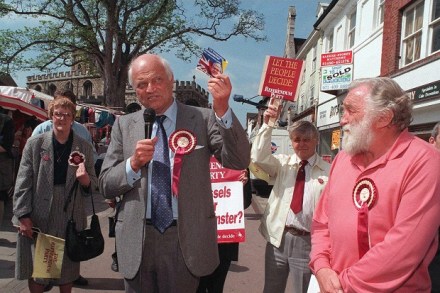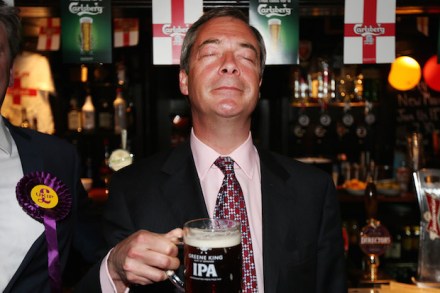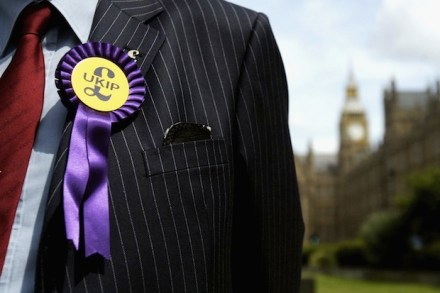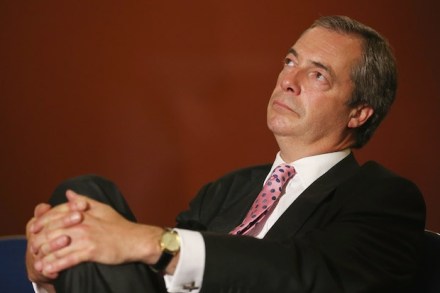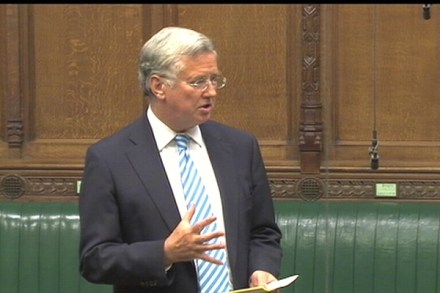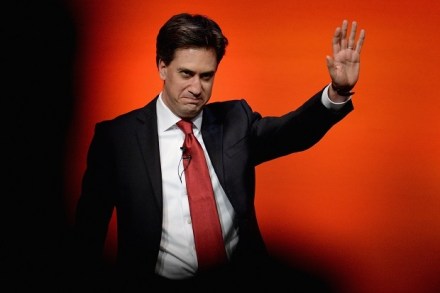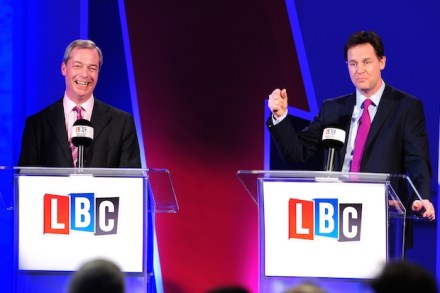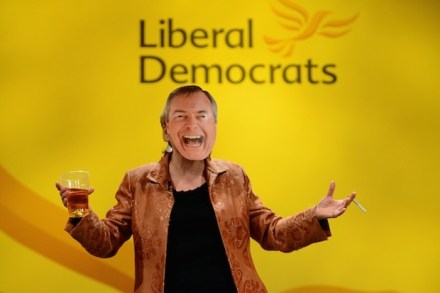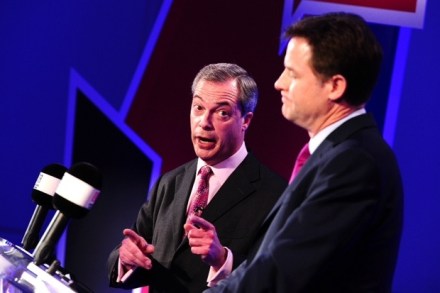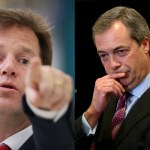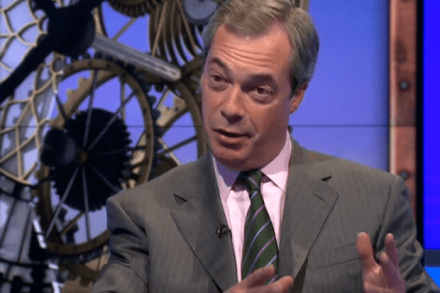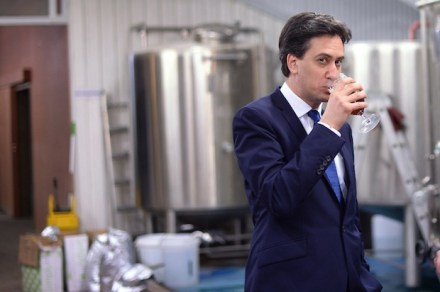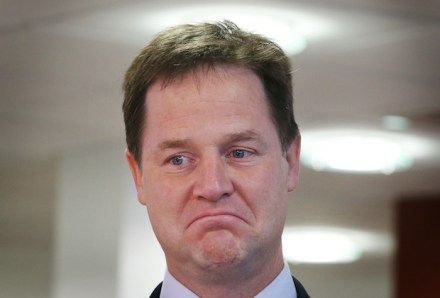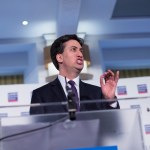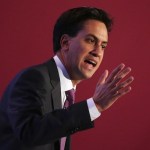The Right loses as Ukip wins
In Brighton in 1996, an insurgent party held its first and as far as I can see only conference. Liberal journalists gazed on the gaudy spectacle with wonder and disdain. We could see that he Referendum Party was a sign of the coming age of the super-rich. It was created by Sir James Goldsmith, a corporate raider who inspired the English tycoon Sir Larry Wildman, in Wall Street, and, you may not be surprised to hear, was a vain and bombastic censor to boot. (He persecuted Private Eye in the courts for not treating him with the deference a mighty plutocrat deserved.) Goldsmith spent most of his time in Mexico
